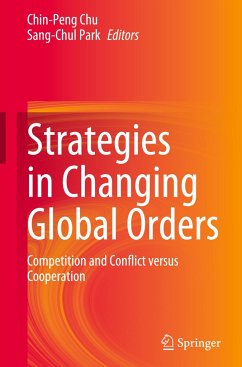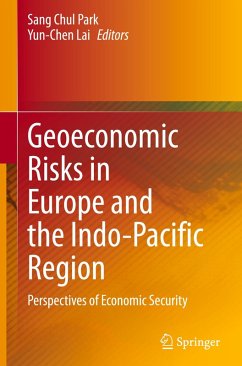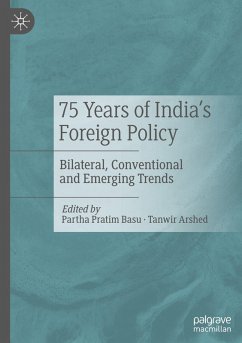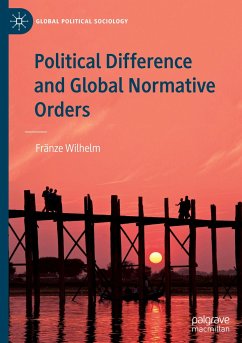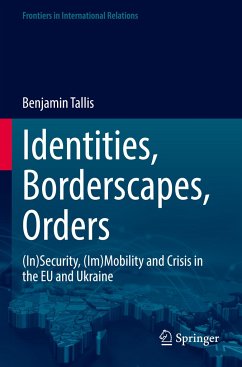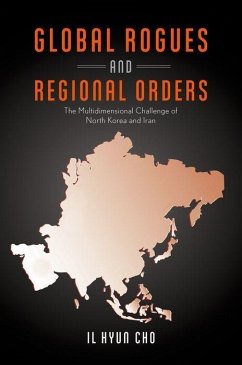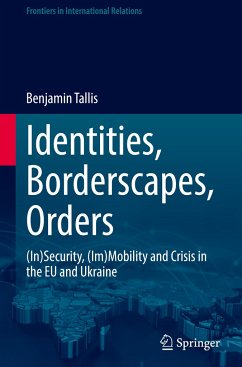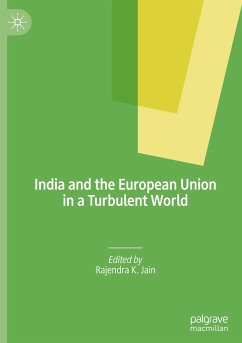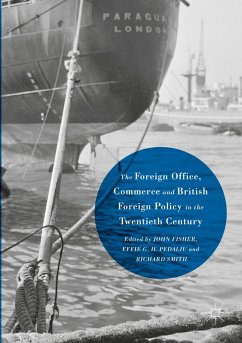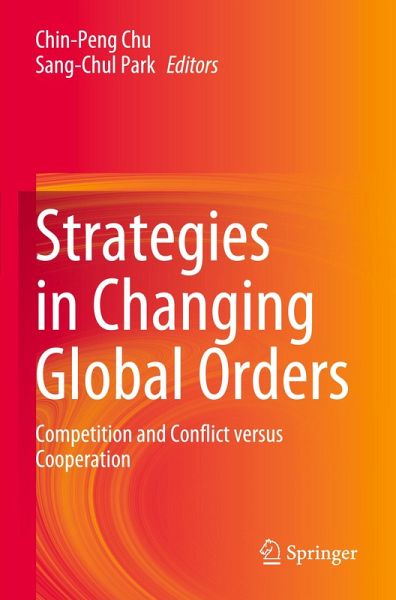
Strategies in Changing Global Orders
Competition and Conflict versus Cooperation
Herausgegeben: Chu, Chin-peng; Park, Sang-Chul
Versandkostenfrei!
Versandfertig in 6-10 Tagen
98,99 €
inkl. MwSt.

PAYBACK Punkte
49 °P sammeln!
This book explores the intricate web of economic diplomacy, Asia Pacific strategies, and Mega Free Trade Agreements (FTAs) that shape the region's dynamics. It also examines the European Union's perspective, considering its shared interests with East Asia and the USA. Avoiding military conflicts in sensitive regions such as the Taiwan Straits and the Korean Peninsula is crucial, as the economic ramifications of any such conflicts could be catastrophic on a global scale, fundamentally altering the course of the New Cold War.Divided into four parts, the book begins with an introduction, setting ...
This book explores the intricate web of economic diplomacy, Asia Pacific strategies, and Mega Free Trade Agreements (FTAs) that shape the region's dynamics. It also examines the European Union's perspective, considering its shared interests with East Asia and the USA. Avoiding military conflicts in sensitive regions such as the Taiwan Straits and the Korean Peninsula is crucial, as the economic ramifications of any such conflicts could be catastrophic on a global scale, fundamentally altering the course of the New Cold War.
Divided into four parts, the book begins with an introduction, setting the stage for the ensuing exploration. Part two delves into economic diplomacy, Asia Pacific strategies, and Mega FTAs in East Asia, while part three examines the same themes in the context of the European Union. Finally, part four concludes with insightful remarks that tie together the findings from the preceding sections.
As the world teeters on the precipice of a new era defined by global power struggles and geopolitical realignments, this book offers a comprehensive analysis of the pressing issues facing East Asia and the EU. It challenges readers to reflect on history's lessons and find wise solutions through theoretical and practical approaches.
Divided into four parts, the book begins with an introduction, setting the stage for the ensuing exploration. Part two delves into economic diplomacy, Asia Pacific strategies, and Mega FTAs in East Asia, while part three examines the same themes in the context of the European Union. Finally, part four concludes with insightful remarks that tie together the findings from the preceding sections.
As the world teeters on the precipice of a new era defined by global power struggles and geopolitical realignments, this book offers a comprehensive analysis of the pressing issues facing East Asia and the EU. It challenges readers to reflect on history's lessons and find wise solutions through theoretical and practical approaches.



